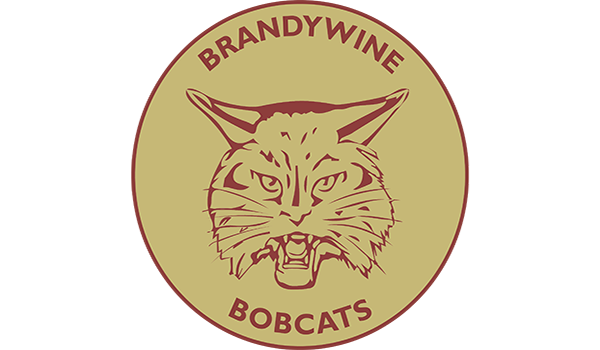Moving money, making sense?
Published 10:49 am Wednesday, January 6, 2010
By JESSICA SIEFF
Niles Daily Star
One might call it a movement – though it’s hard to tell how much actual movement is going on.
News outlets and analysts are talking about more and more Americans who are making the choice to move their money from big Wall Street banks who’ve long ago cashed in their federal bailout checks into smaller, community banks.
In some cases, those Americans are making the move after finding frustration with bigger bank practices, mergers with other financial institutions and a lack of personal and quality service.
Fed up, they’re taking their business to smaller banks and credit unions.
Dave VanStrien, president of the Greater Niles Community Federal Credit Union (GNCFCU) and Berrien Teachers Credit Union (BTCU) President and CEO Scott McFarland both say they’ve seen an increase in membership at their financial institutions this year.
“We actually have,” VanStrien said. Assets for the credit union increased this year, reaching $7 million all but trampling over the usual $1 million.
“This has been a record year,” he said.
Reasons for the increase can be attributed to many variables. When it comes to credit unions, the idea that it’s a tough process to gain membership is beginning to fade away with more and more people realizing they are in fact, able to join.
But concerns do seem to be rising and more Americans as well as Niles area residents are putting the focus back on how to manage their money.
“Some of it has been, there’s been some real concern,” McFarland said. More customers are interested in “keeping their money close to home.”
BTCU has seen “double digit growth in deposits and in loans this year,” McFarland said, as well as a 4 percent total estimated growth in membership, not counting the month of December.
“We get a lot of people who are frustrated with mergers,” VanStrien said. “I think there’s been a lot of bad publicity with the banks.”
Indeed. The case of one man, a Chase customer (the bank having purchased Washington Mutual, this man’s former bank) who found himself on the receiving end of 29 overdraft charges in 27 days even though his deposits appear to cover his withdrawals sparked a “Move Your Money” campaign at the online news and blog site The Huffington Post. Readers have written in with success stories about moving their money from bigger banks to smaller ones, praising higher personal customers’ service.
It’s hard to tell just how far and wide the campaign or any such movement to switch to smaller, community minded financial institutions will spread. But the idea has caught the attention of many in the industry and the media.
Besides personal customer service – in the case of GNCFCU, VanStrien said he has employees who have been serving customers for years – credit unions and small banks offer everything from standard checking and saving services, to home loans, budget counseling in some cases, advice and other options.
That’s good news for a renewed interested in becoming financially stable.
“We’ve had people more interested in how to pay things down faster,” McFarland said. BTCU offers biweekly payment plans for mortgages as one of their options to customers. “We’ve basically said we want to help you be financially independent.
“The big thing is to pay attention to what’s happening with their account,” he said. “It’s their money.”
VanStrien said he has seen an increase in opened savings accounts.
“More savings,” he said. “We’ve seen a lot of money coming from retirement accounts.”
The majority comes from those members four or five years from retirement, he said, pulling their money out of 401K accounts where they’ve lost out during the recession and putting those dollars into fixed rate IRA accounts.
If the idea becomes a full force movement, only time will tell. What it will cost big banks in the long run is also something yet to be seen.
Banking tends to go through a cycle, McFarland said.
“It seems to be a cycle that’s come back to, I want to know who they (bankers) are,” he said.
For now, that means that credit unions and small banks are poised to help more and more of their members and customers get on solid financial ground.
Banks like First Source Bank and Edgewater Bank also seem poised to gain from customers moving their money out of the big name financial institutions. Calls were made to both institutions, but the Star was not able to reach representatives by press time.






